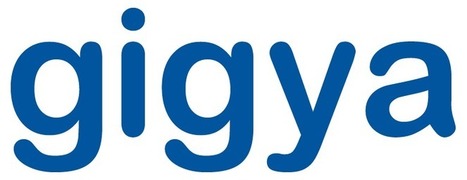The Book Review’s annual list.... A selection of titles..
FICTION
THE ANGEL ESMERALDA: Nine Stories. By Don DeLillo. (Scribner, $24.)
THE ART OF FIELDING. By Chad Harbach. (Little, Brown, $25.99.)
THE BARBARIAN NURSERIES. By Héctor Tobar. (Farrar, Straus & Giroux, $27.)
BIG QUESTIONS. Or, Asomatognosia: Whose Hand Is It Anyway? Written and illustrated by Anders Brekhus Nilsen. (Drawn & Quarterly, cloth, $69.95; paper, $44.95.)
THE BUDDHA IN THE ATTIC. By Julie Otsuka. (Knopf, $22.)
CANTI. By Giacomo Leopardi.
THE CAT’S TABLE. By Michael Ondaatje.
CHANGÓ’S BEADS AND TWO-TONE SHOES. By William Kennedy. (Viking, $26.95.)
COME ON ALL YOU GHOSTS. By Matthew Zapruder. (Copper Canyon, paper, $16.)
11/22/63. By Stephen King. (Scribner, $35.) What if Kennedy did not die?
THE FREE WORLD. By David Bezmozgis. (Farrar, Straus & Giroux, $26.)
NONFICTION
\
AND SO IT GOES. Kurt Vonnegut: A Life. By Charles J. Shields. (Holt, $30.)
THE ART OF CRUELTY: A Reckoning. By Maggie Nelson. (Norton, $24.95.)
ASSASSINS OF THE TURQUOISE PALACE. By Roya Hakakian. (Grove, $25.)
THE BEGINNING OF INFINITY: Explanations That Transform the World. By David Deutsch. (Viking, $30.)
BELIEVING IS SEEING: Observations on the Mysteries of Photography. By Errol Morris. (Penguin Press, $40.)
THE BETTER ANGELS OF OUR NATURE: Why Violence Has Declined. By Steven Pinker. (Viking, $40.)
1861: The Civil War Awakening. By Adam Goodheart. (Knopf, $28.95.) In this account of the war’s first stage, Goodheart turns his lens upon fascinating figures who loomed large at the time but have now been mostly forgotten.
EXAMINED LIVES: From Socrates to Nietzsche. By James Miller. (Farrar, Straus & Giroux, $28.)
GEORGE F. KENNAN: An American Life. By John Lewis Gaddis. (Penguin Press, $39.95.)
THE INFORMATION: A History. A Theory. A Flood. By James Gleick. (Pantheon, $29.95.)
IS THAT A FISH IN YOUR EAR? Translation and the Meaning of Everything. By David Bellos. (Faber & Faber, $27.)
KNOCKING ON HEAVEN’S DOOR: How Physics and Scientific Thinking Illuminate the Universe and the Modern World. By Lisa Randall. (Ecco/HarperCollins, $29.99.)
THE STORM OF WAR: A New History of the Second World War. By Andrew Roberts. (Harper/HarperCollins, $29.99.)
WHY THE WEST RULES — FOR NOW: The Patterns of History, and What They Reveal About the Future. By Ian Morris. (Farrar, Straus & Giroux, $35.)

 Your new post is loading...
Your new post is loading...
 Your new post is loading...
Your new post is loading...




















![[December 5] The Fate of Civic Education in a Connected World | Berkman Center | Virtual community and societies | Scoop.it](https://img.scoop.it/E3oMZvtqQDkAxiWIXH76UTl72eJkfbmt4t8yenImKBVvK0kTmF0xjctABnaLJIm9)









